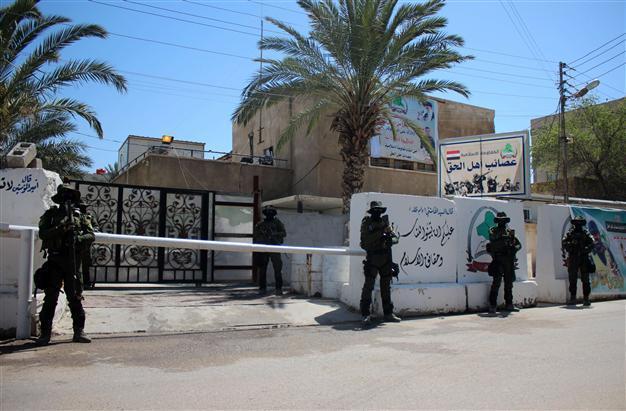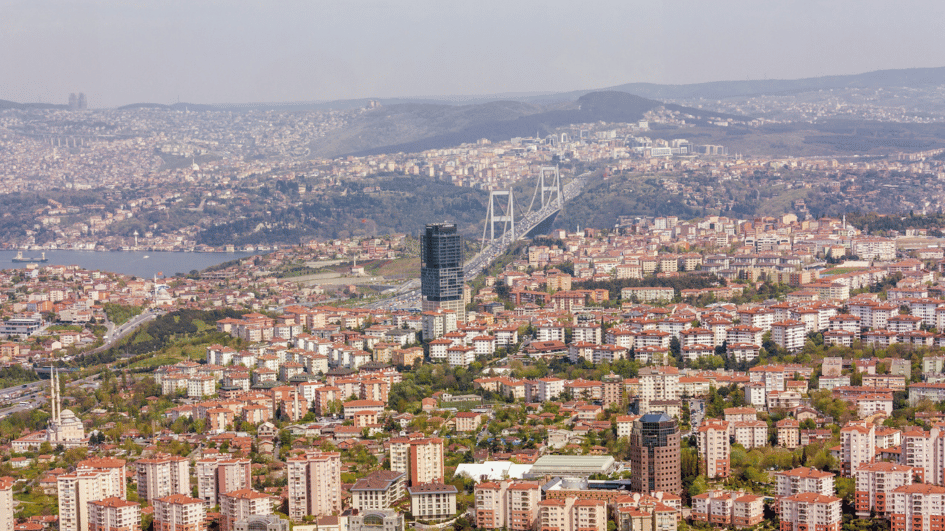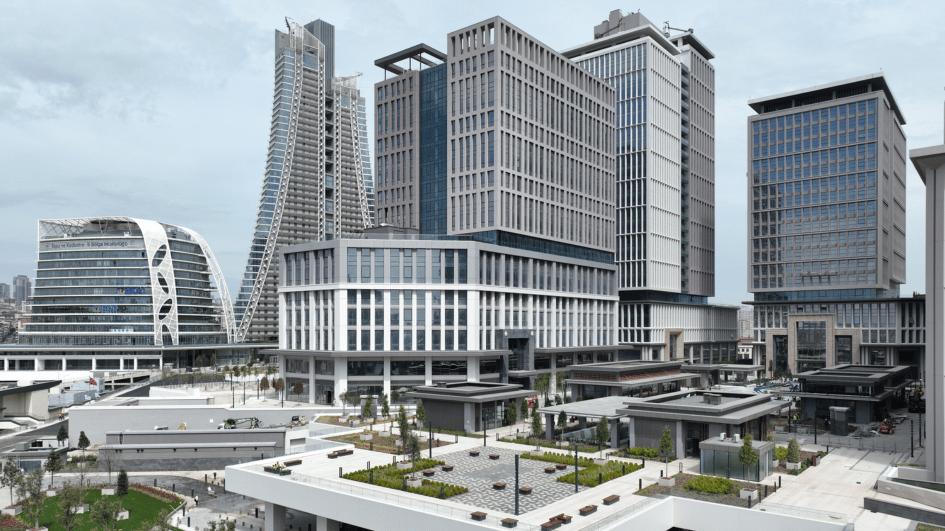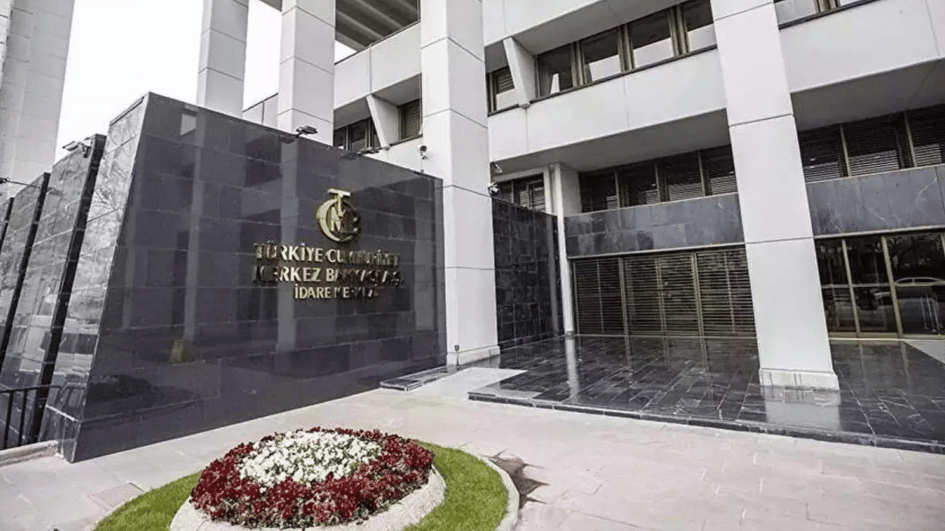Despite US strikes, ISIL advances in Syria, Iraq
BEIRUT – Agence France Presse

AFP Photo
The Islamic State of Iraq and the Levant (ISIL) jihadist group has made several high-profile advances in recent days, despite a US-led air campaign against the movement in Syria and Iraq.On May 17, the ISIL fighters seized Ramadi, the capital of Iraq’s largest province of Anbar, in their biggest victory since a major offensive in Iraq last summer.
Iraq’s army and allied paramilitary forces massed around Ramadi on May 19, looking for swift action to recapture the city from the ISIL group before it builds up defenses.
With his security strategy in tatters and his authority facing its biggest challenge since he took office eight months ago, Prime Minister Haider al-Abadi was looking for quick redemption.
Reeling from the worst setback since ISIL grabbed swathes of territory in June last year, he called in the Shiite-dominated Popular Mobilization units (Hashed al-Shaabi).
“The Hashed have started to arrive in areas east of Ramadi,” said army Brigadier General Ali al-Majidi, speaking to AFP from a base west of Baghdad.
The group has also moved to within a kilometer of Syria’s Palmyra world heritage site, and has seized the town of Al-Sukhnah and two gas fields northeast of the ancient city.
The advances expand the existing territory the group holds across Syria and Iraq, the land it has labelled an Islamic “caliphate.”
The fall of Ramadi is a particular blow to Iraq’s government, which only last month was touting its recapture of the city of Tikrit from the jihadist group.
In Syria, Palmyra has key symbolism as both the home of world-famous Greco-Roman ruins, but also the site of one of the regime’s most infamous prisons.
Homs province, in which Palmyra lies, also holds several large gas fields, including two -Arak and Al-Hail - that were captured by ISIL on May 18.
ISIL has proven adept at filling its coffers by exploiting captured oil and gas resources in Syria and Iraq.
Jessica Lewis of the Institute for the Study of War think-tank said the two offensives could be linked, and be a bid by ISIL to consolidate its territory in eastern Syria and western Iraq.
A coalition led by the United States has been carrying out air strikes against ISIL since last year in both Iraq and Syria.
The strikes have targeted ISIL’s military equipment, oil fields and refineries and fighters on the ground.
The raids have had some notable successes, including preventing the group from advancing on the capital of the Kurdish region in northern Iraq, Arbil.
They have also managed to push back ISIL from the Syrian Kurdish town of Kobane on the Turkish border, and were key to the recapture of Tikrit by Iraqi government forces.
Analysts note that the coalition’s victories against ISIL have come in areas where its strikes have been backed by allied ground forces.
“It’s a basic truism of counterinsurgency that success requires boots on the ground,” said Max Abrahms, a political science professor at Northeastern University in Boston, Massachusetts.
In Kobane the coalition worked with Kurdish fighters, and in Tikrit it was backed by Iraq’s army and allied paramilitary groups.
The dynamics are different in Ramadi, where the Shiite militias were not deployed, and in Palmyra, where Syrian President Bashar al-Assad’s forces are on the ground.
Washington has said it will not coordinate its strikes in Syria with Assad’s forces and has ruled out deploying ground troops to take on ISIL.
Ramadi is also part of Iraq’s “Sunni heartland... where the Sunni community has not completely rejected IS,” said analyst Ayham Kamel, Middle East and North Africa director at the Eurasia Group.
“It is not necessarily approval of ISIL, it could be fear or hedging, but they are not rising against ISIL.”
The group’s advances put paid to U.S. claims that ISIL is “on the defensive,” after losses including Tikrit and a failed attempt to seize and hold the Yarmuk Palestinian camp in southern Damascus.
And in cases where the U.S.-led coalition cannot rely on ground forces, ISIL is likely to score additional successes.
Abrahms also said the coalition had been largely reactive, bringing its firepower to bear only after an area had already fallen to ISIL.
On May 18, the Pentagon acknowledged Ramadi’s capture as a “setback” but said the war on ISIL would involve “ebbs and flows.”
















